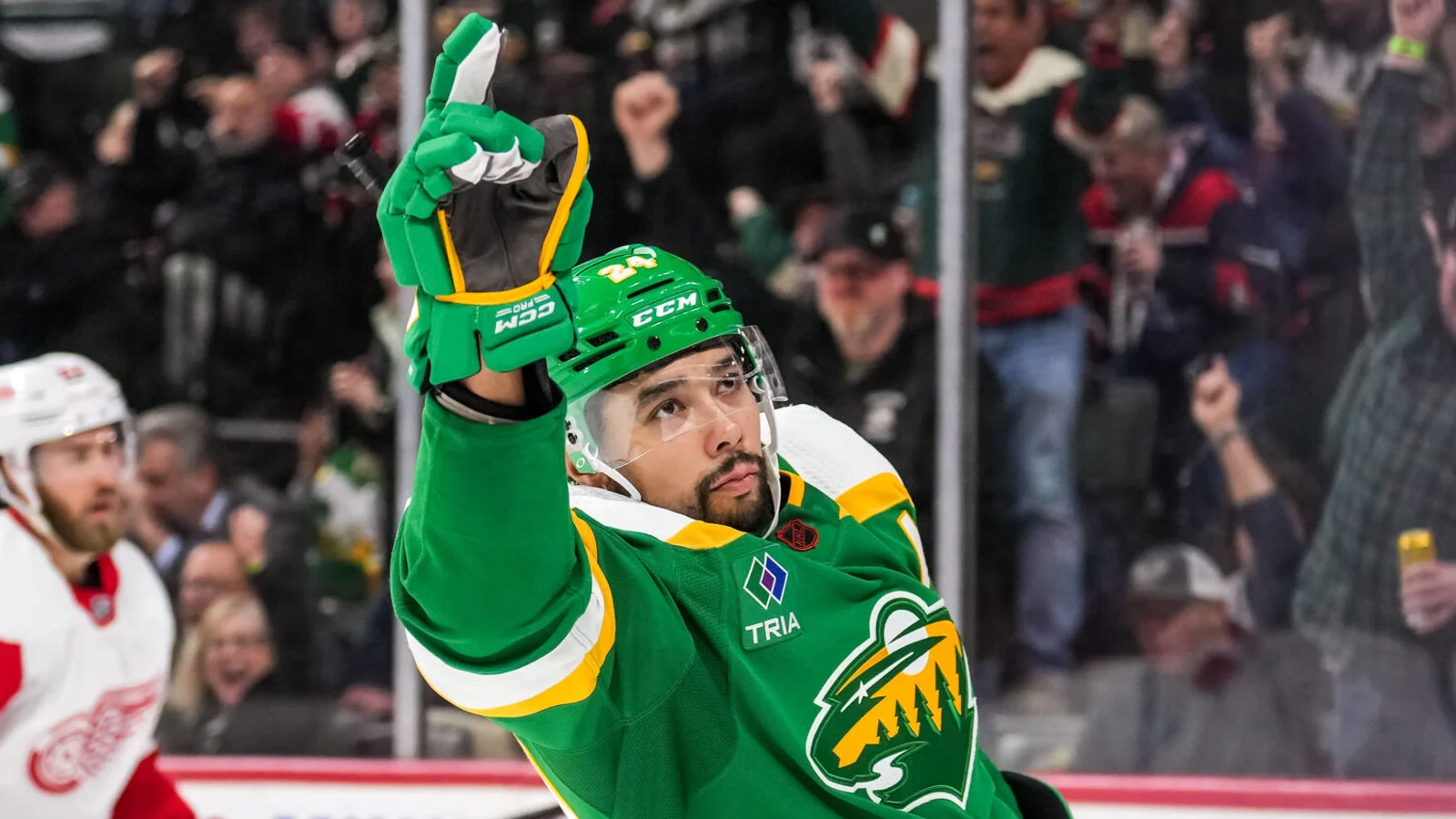
It’s easy to look in hindsight and say something didn’t work out. As a writer who gives their opinions on the Minnesota Wild’s goings-on, it’s important to look at what I said at the moment before criticizing a decision after the fact.

You saw the title, this piece is about the Ryan Suter buyout. And hey, at the time of the buyout (as well as the Zach Parise buyout that hit on the same day), I agreed. From an outside perspective, I was done with Suter. I was annoyed that he still had more power play minutes than anyone on the team aside from Kirill Kaprizov, Kevin Fiala, and Jared Spurgeon. I wasn’t confident he’d be able to be particularly productive from ages 37 to 40. If the Wild were committing to cap pain with Parise anyway, well, you might as well rip off the band-aid and be done with it.
Some of those things are right, I suppose. Suter has only one goal and seven points in 42 games for the Dallas Stars, well on track for his second-straight year of diminishing returns. There’s also the unknown of what would’ve happened if he stayed in Minnesota. Would he have been on board with the team during a culture change? Might he have peaced out by now with his salary at just $1 million instead of the $3.5 million he’s earning with Dallas? Who can say?
It’s entirely possible that the buyout was the right decision at the time. But overall, on paper? It’s safe to say that the way things have played out since then is a net negative for the Wild. Even if the buyout was the correct move, everything since has set Minnesota back and been a gigantic contributor to their current predicament.
Stomaching the cap hit of Suter’s buyout was the biggest challenge the decision created. But there was also the question of replacing Suter. Say whatever else you want about Suter, he gave Minnesota 2.7 points in the standings (per Evolving-Hockey’s Standings Points Above Replacement, or SPAR) in the COVID-shortened 56 games series. He even played all 56 games, one of only 103 players in the league to do so in a season where coronavirus outbreaks swept through NHL locker rooms.
Someone had to fill that void, and the Wild chose Alex Goligoski. He signed as a free agent the summer of Suter’s buyout for one year, $5 million. The Wild re-upped him mid-season for a two-year deal at a $2 million cap hit, part of a “gentleman’s agreement” the two sides reportedly had. In effect, we’re talking about a three-year, $9 million contract split into two terms, even if the last two years were optional and ill-advised at the time.
How has it worked out? If we view Goligoski’s deal as a three-year deal, the Wild have received more value in terms of SPAR than they’d have with Suter. Over that time, Goligoski had 3.6 SPAR and was 93rd among NHL defensemen. We’re talking about a No. 4 defenseman in terms of value, around Rasmus Ristolainen, Ryan Graves, or Torey Krug’s level.
Meanwhile, Suter has only offered Dallas 2.7 SPAR in three years while playing in nearly every game. To put it in a kind of hilarious way, Brock Faber has been equally as valuable as Suter in that time (2.6 SPAR) while playing in 161 fewer games. Sitting at 113th in SPAR among defensemen and playing nearly 20 minutes per night, Suter’s playing like a borderline 4th/5th defenseman playing top-four minutes, arguably too many.
Wild fans and media aren’t watching Suter nightly. But they’re very familiar with Goligoski, and this makes very little sense. Goligoski was the Wild’s “Break Glass In Case of Emergency” defenseman last year, only drawing into about half the games. He’s played a lot more on a thinner blue line this season. That has exposed him pretty regularly, to the point where John Hynes healthy-scratched him the second Jonas Brodin’s return to the lineup allowed Hynes to do so. So what gives?
Even if we can’t criticize the initial decision, it certainly seems like they botched the situation by deciding to replace Suter with Goligoski and then extend him for two seasons in his late-30s. Replacing Suter while still having Suter on the books was always going to be difficult, and we’re seeing the downsides of it now. We may not know how things would have played out differently. But over this season and last, the Wild are neither cheaper nor better for having chosen their path through Suter’s buyout.
Leave a Reply